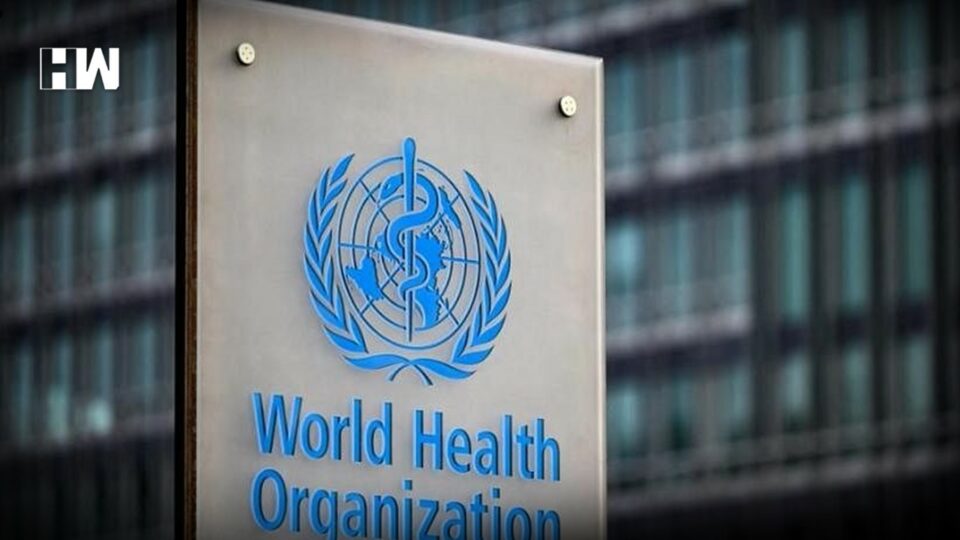WHO member countries have been driving substantive gains in health and wellbeing in line with the flagships.
Paro: The Seventy-Fifth Regional Committee Session of WHO South-East Asia is being hosted by Bhutan this year and the key issues of discussion will revolve around mental health and primary health care.
During a week-long annual governing body meeting starting from September 5 till September 9, where the health ministers and senior officials will deliberate on key issues including mental health through primary care and community engagement, strengthening health emergency preparedness and response in view of the ongoing COVID-19 pandemic and emerging threats, and achieving universal health coverage and health security through stronger primary health care. The Regional Director for WHO South-East Asia, Dr Poonam Khetrapal Singh, officials from WHO headquarters, senior officials from health ministries of Member countries, representatives of UN Agencies, partners, donors, and civil society, will be participating in the meeting, a WHO press release stated.
Monitoring progress and accelerated plan for noncommunicable diseases, progress towards meeting the End TB goal, accelerating the elimination of cervical cancer; and strengthening health workforce education and training are among other key issues to be taken up at the Regional Committee Session, the highest decision-making body of WHO in the Region.
Besides, the progress made on the resolutions adopted at previous Regional Committee sessions will be reviewed, including a regional plan of action for healthy environments for healthier populations; a strategic plan to address the double burden of malnutrition; ending preventable maternal, newborn and child mortality; elimination of measles and rubella by 2023; and strengthening emergency medical teams, the press release noted.
Home to one-fourth of the global population, the Region has been focusing efforts on eight regional flagship priorities since 2014 – to eliminate measles and rubella by 2023; address noncommunicable diseases through multisectoral policies and plans; accelerate the reduction of maternal, neonatal and under-five mortality; advance universal health coverage; reverse antimicrobial resistance; scale-up emergency risk management capacities; eliminate neglected tropical diseases; and End TB.
The Regional priorities are in sync with Sustainable Development Goals for Health.
Over the years, member countries have been driving substantive gains in health and wellbeing in line with the flagships.
The Region eradicated polio in 2014 and eliminated maternal and neonatal tetanus in 2016. The Maldives and Sri Lanka have eliminated both measles and rubella, while Bhutan, DPR Korea and Timor-Leste have achieved measles elimination.
Maldives, Sri Lanka and Thailand have eliminated lymphatic filariasis. Nepal and Myanmar have eliminated trachoma.
India is yaw-free. Sri Lanka and the Maldives have eliminated malaria. Thailand, Sri Lanka and the Maldives have eliminated mother-to-child transmission of HIV and Syphilis. Bangladesh, Bhutan, Nepal and Thailand have controlled Hepatitis B.
Since the start of the COVID-19 pandemic, this is the first time that the Regional Committee session is being held in person. The last two annual meetings – hosted by Nepal in 2021, and Thailand in 2020 – were virtual.
(Except for the headline, this story has not been edited by HW News staff and is published from a syndicated feed.)
Also Read : “What Message Are We Sending?” Mumbaikars Hold Silent Protest In Support of Bilkis Bano
As an independent media platform, we do not take advertisements from governments and corporate houses. It is you, our readers, who have supported us on our journey to do honest and unbiased journalism. Please contribute, so that we can continue to do the same in future.

